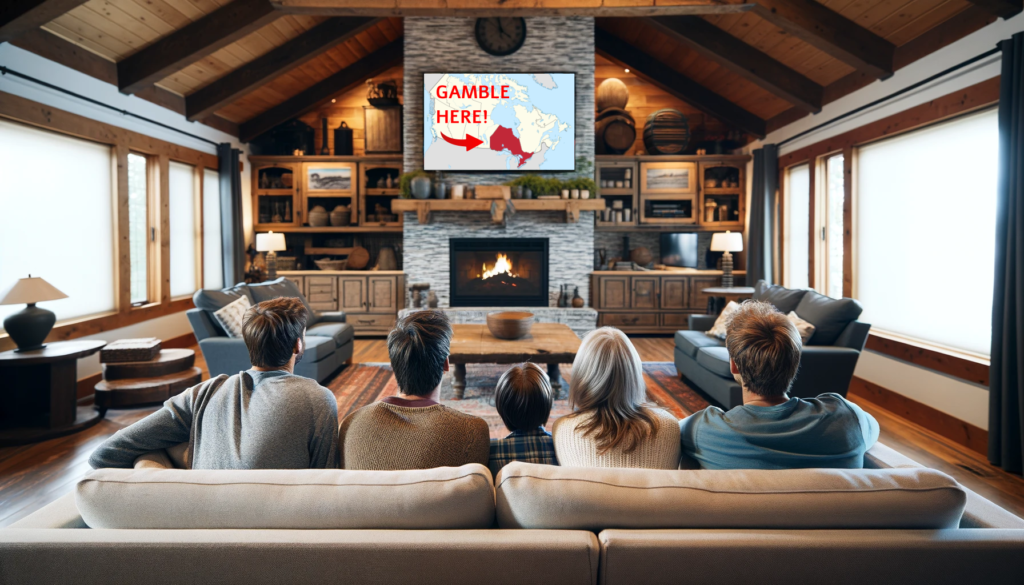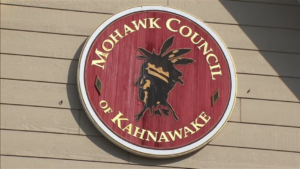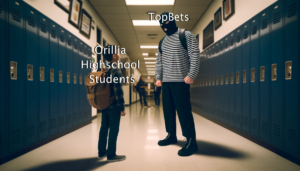In this edition of the GME3, we’re looking at Brazil’s plan to establish a new regulated gaming framework by the end of July, some issues related to gambling ads seeping across the Ontario border, and an update to BC’s effort to introduce “online harms” legislation. Read on for more!
Gambling
Brazil Goes All-In On Regulation
The Brazillian Ministry of Finance has released information on the rollout of the country’s new regulated gambling and igaming framework.
After receiving approval at the end of 2023, we’ve now seen the creation of the Regulatory Policy of the Prizes and Betting Secretariat (SPA), a new body under the Ministry of Finance that will be responsible for structuring the new gaming regulations, as well as prioritizing the most important measures to be enacted first. The Ministry of Finance has publicly stated that it believes these new measures will “systematically structure the regulatory agenda for fixed-odd betting in the country… [This] represents a considerable advance in the management and supervision of this sector.”
The plan, for now, is to introduce the new gaming regulations in four distinct phases:
Phase 1 – until end of April 2024
Phase 2 – until end of May 2024
Phase 3 – until end of June 2024
Phase 4 – until end of July 2024
The goal of the first phase, which is scheduled to end in only five days as of the publishing of this article, is to establish regulations regarding technical, payment, and security requirements that must be adhered to. The SPA will also be releasing information on how operators can apply for a gaming license in Brazil. The next phase will focus on anti-money laundering and anti-terrorist financing policies, as well as regulations surrounding bettor rights. The third stage will bring the technical and security requirements specifically for online gaming, and rules around gambling advertising. Finally, the fourth phase will outline how Brazil’s new gambling industry will contribute to “socially responsible” causes in the country.
Brazil has carefully thought out how it plans to implement its new regulated gaming regime. Now, all that remains to be seen is if they can pull this plan off, which may rely on other government departments’ collaboration. Make sure to follow GME Law on LinkedIn for future updates!
Media
Provincial Play, National Display
Despite recent changes to the AGCO’s standards surrounding advertising for registered gaming operators, some people are noticing another issue – ads for platforms that are registered to operate only in Ontario continue to spread on the airwaves to different provinces entirely. A coalition of lottery and gaming corporations from eight provinces across the country have made it clear that they want this to change.
Originally, it was believed that ad spots purchased by Ontario-regulated operators on national networks would be separated by province, but that has not been the case. As the British Columbia Lottery Corporation’s chief compliance officer, Marie-Noëlle Savoie, said “If you buy in Ontario, you get Canada.” This practice has a few strange results. For one, people watching the ads in provinces other than Ontario may be confused when they go to sign up only to find they aren’t allowed to due to their location. Second, it leads to overrepresentation of “competitors” to whatever government-run lottery schemes already exist in those jurisdictions (despite the fact that the “competitors” aren’t actually active in these markets).
To resolve this issue, Savoie suggests that media companies could geofence the ads so that they only appear in Ontario. However, despite talks with broadcasters and the federal government over the past couple of years, no progress has been made on this front. Networks have acknowledged the request, but not the way that Savoie and others might hope. A spokesperson for Rogers Sports & Media explained that the company’s TV channels all broadcast nationally, so ads for Ontario-based advertisers will be seen across Canada. However, “helpfully” the ads include a disclaimer that specifies if a platform is “Ontario only.”
Some argue that the Canadian Radio-television and Telecommunications Commission (CRTC) could step in to put a stop to this practice, but so far they have refused to do so. The CRTC, correctly, points out that gambling is a provincial matter, and they, as a federal institution, have no mandate to regulate gambling.
But, not all is lost! Bill S-269, which we have written about previously, aims to implement a national framework for gambling ads similar to those for tobacco or alcohol products. While the Bill is still being deliberated over, if passed it could lead to significant change in who is exposed to gambling ads.
Entertainment
Stop! Collaborate and Listen
For our final story this week, the BC provincial government has paused its efforts to introduce “online harms” legislation after reportedly reaching an agreement with some of the largest social media platforms.
In a joint statement from Premier David Eby and representatives from Meta, TikTok, X and Snap, it was announced that an “online safety action table” would be formed to plan tangible actions that could help protect people from online harm. Meta specifically has also agreed to work with the province’s emergency management officials to help spread crucial information during emergency events (a good idea as we’re looking at another dry summer here in Canada).
Among the storm of lawsuits and new government regulations that social media companies are facing across the world right now, one jurisdiction has now opted to take a non-litigious route to find a solution. Only time will tell whether BC’s new, more collaborative approach will win out in the end.
GME Law is Jack Tadman, Zack Pearlstein, Lindsay Anderson, Daniel Trujillo, and Will Sarwer-Foner Androsoff. Jack’s practice has focused exclusively on gaming law since he was an articling student in 2010, acting for the usual players in the gaming and quasi-gaming space. Zack joined Jack in September 2022. In addition to collaborating with Jack, and with a keen interest in privacy law, Zack brings a practice focused on issues unique to social media, influencer marketing, and video gaming. Lindsay is the most recent addition to the team, bringing her experience as a negotiator and contracts attorney, specializing in commercial technology, SaaS services, and data privacy.
At our firm, we are enthusiastic about aiding players in the gaming space, including sports leagues, media companies, advertisers, and more. Our specialized knowledge in these industries allows us to provide tailored solutions to our clients’ unique legal needs. Reach out to us HERE or contact Jack directly at jack@gmelawyers.com if you want to learn more!
Check out some of our previous editions of the GME3 HERE and HERE, and be sure to follow us on LinkedIn to be notified of new posts, keep up to date with industry news, and more!




